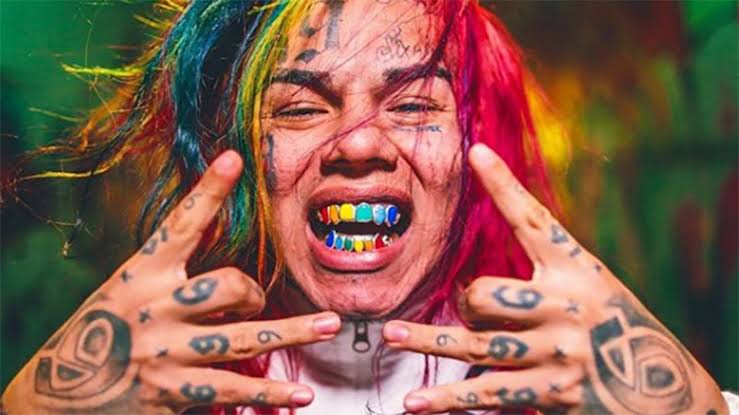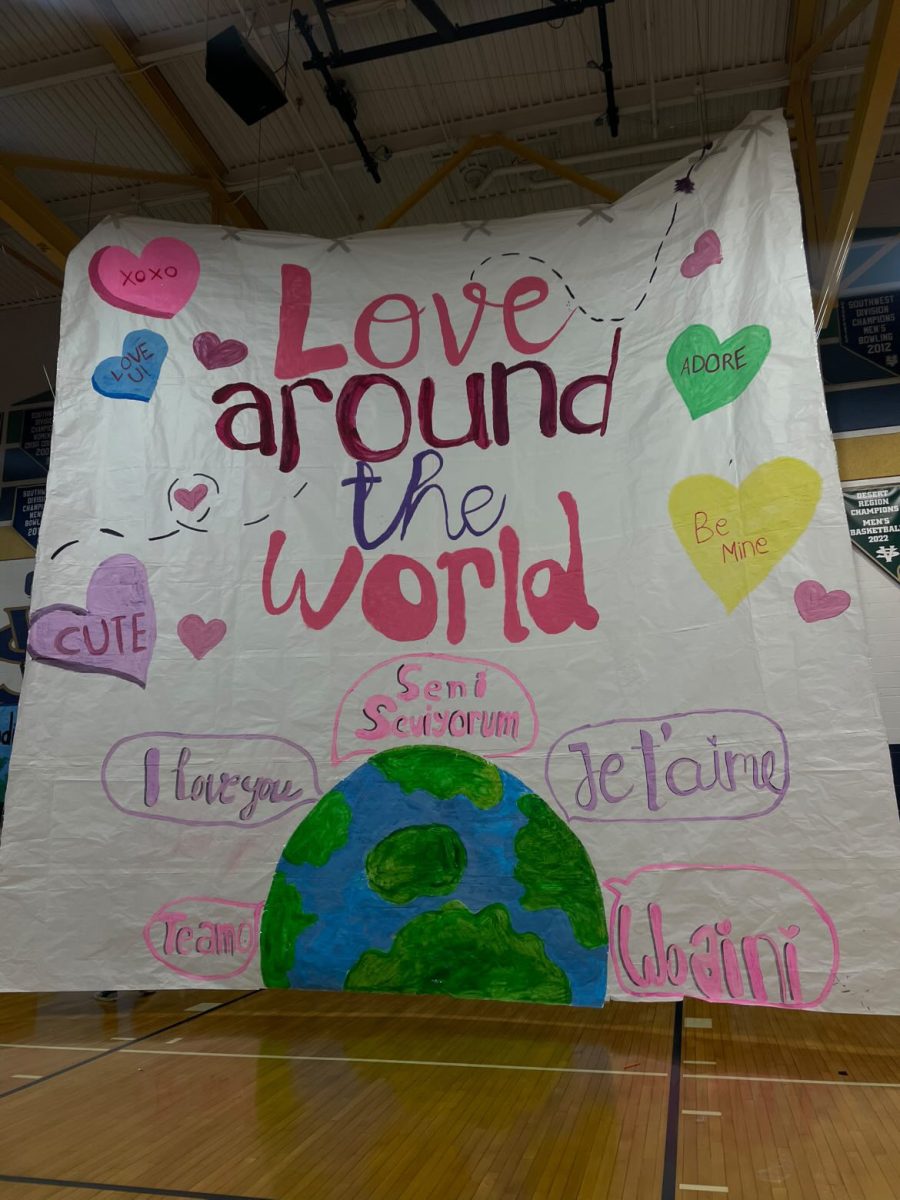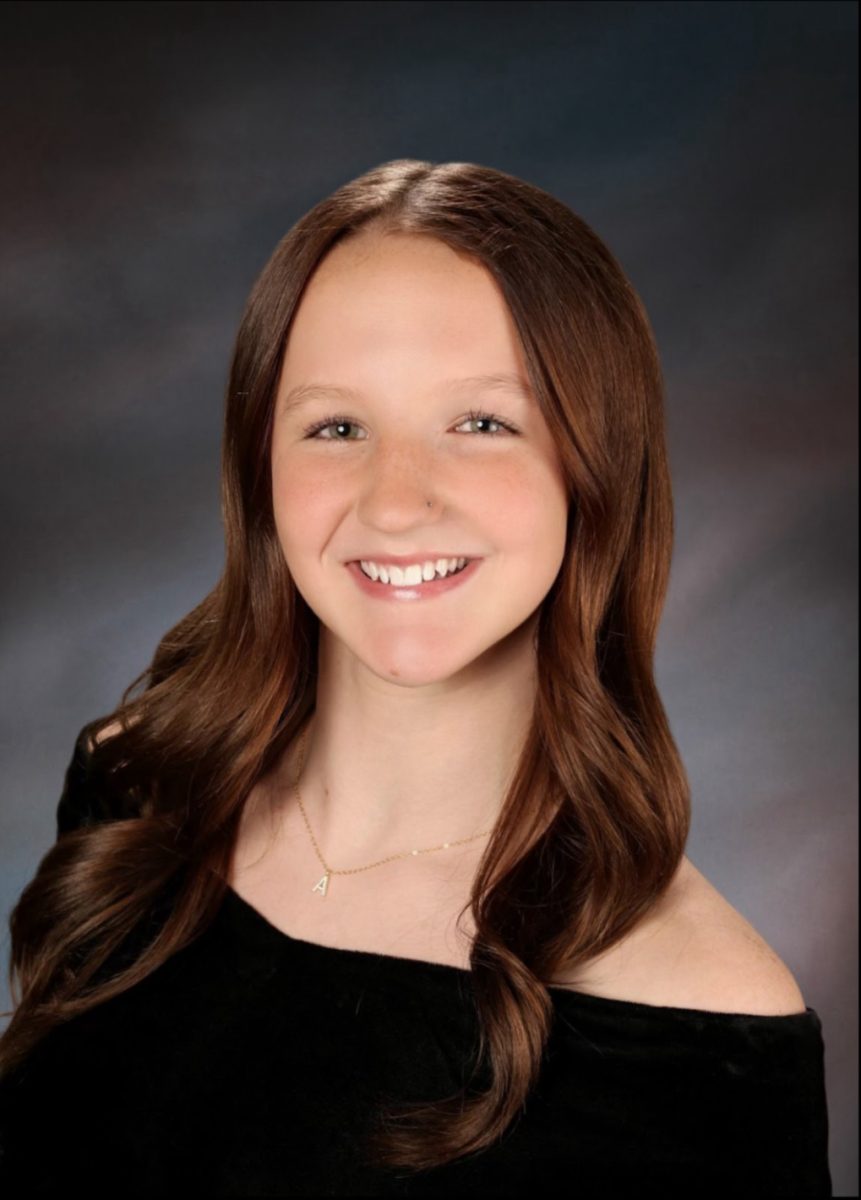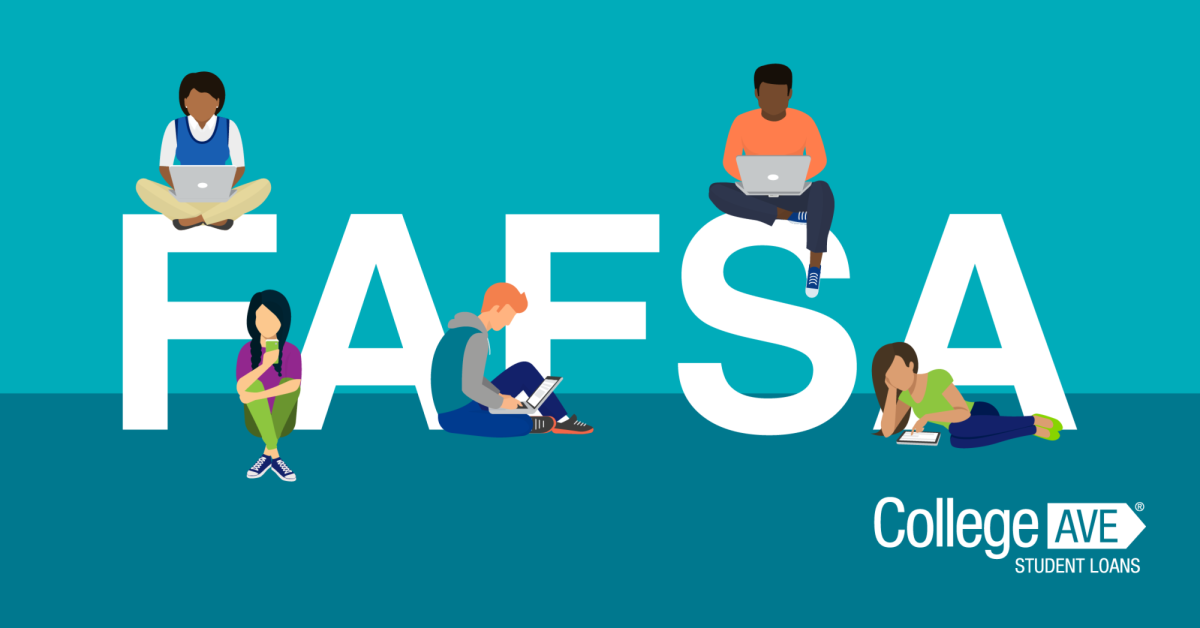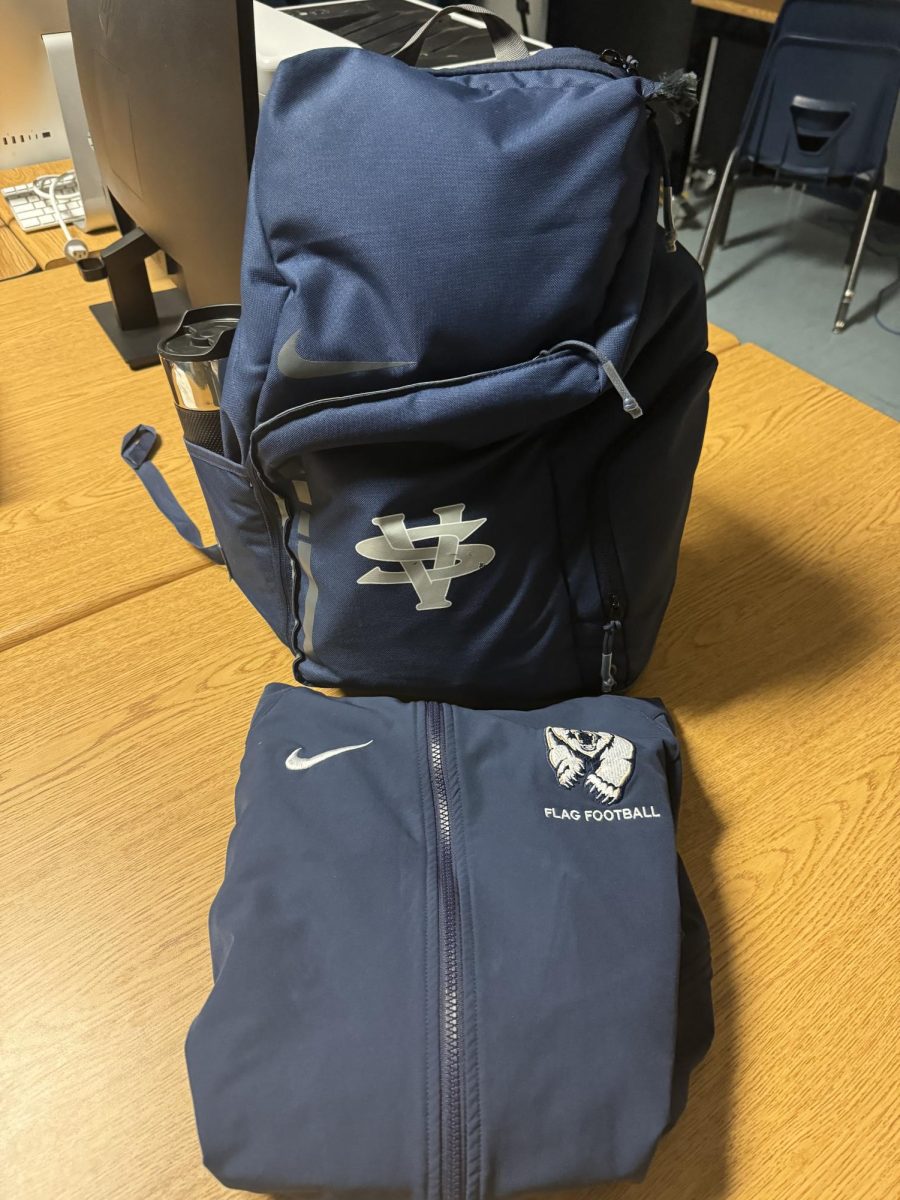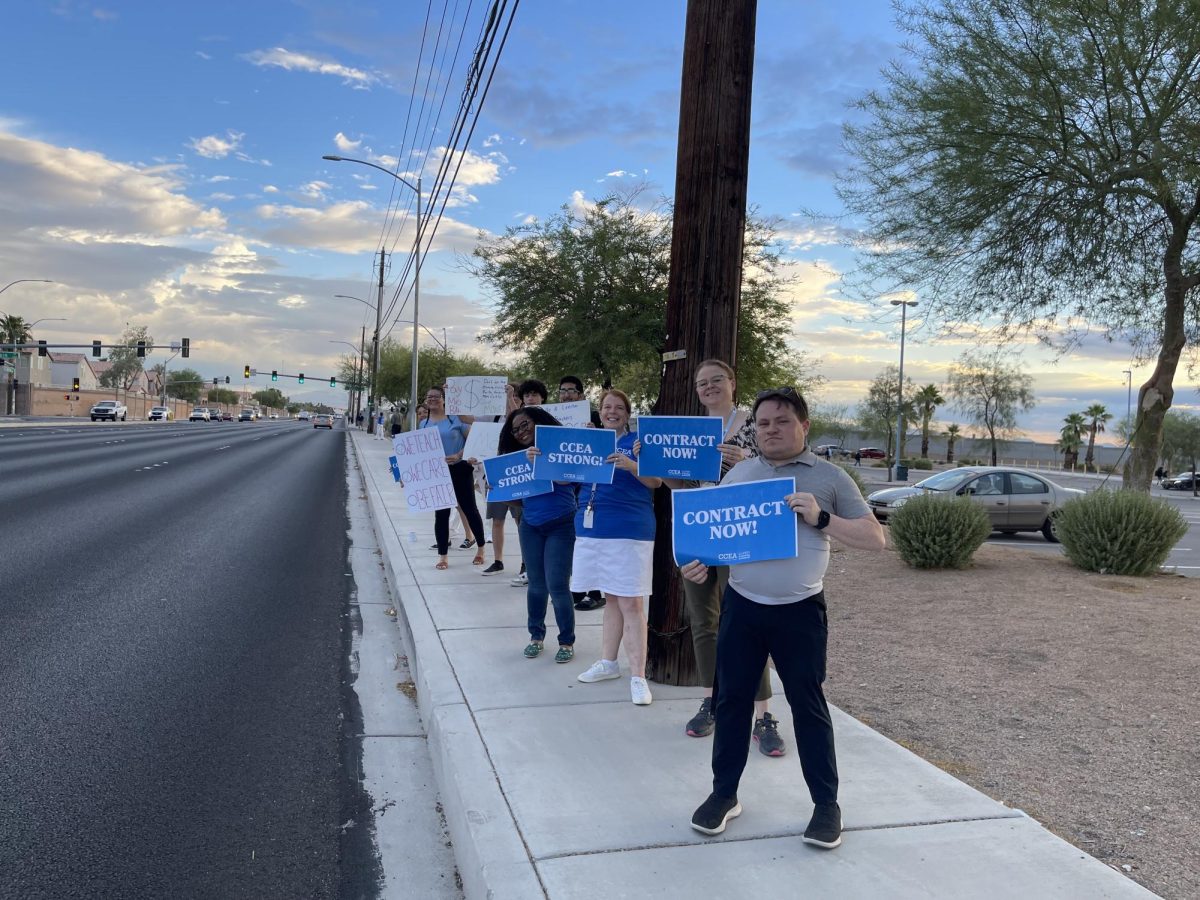With new Rappers and legends appearing and reappearing left and right, we’ve come to this issue of morality in the rap community. Taking a bias when it comes to a personal fave, rappers like Nicki Minaj, Tyga, PPCocaine, and others have created mini armies defending their suspicious behavior. Why do we allow for ethics to be set aside?
Rappers and rap itself were born in the smaller communities of New York City as a way for black people and other minorities to raise their voices during the Harlem Renaissance. This was originally done by DJ’s isolating pieces of funk and soul and speaking between songs. So, the essence of gangs and crimes within rap began when minorities were incarcerated at mass rates. The stereotype that all rappers commit crimes comes from classicist ideals that POC are often incarcerated, and it passed through the music industry. But, nonetheless, rap stars who do commit crimes in modern days seem to get off the hook in the community because this ideal has bled into rap culture.
Beloved rappers such as Tupac, who was loved in almost every rapping community, committed multiple crimes, including counts of sexual assault and six other counts that were acquitted related to gun and sodomy charges. Yet, because of Tupac’s ability to create masterpieces for the rap community, his death is still one of the biggest grievances in the community. There’s no regard for morals or ethical behavior as a human being but simply the ability to create “lyrical masterpieces.”
This behavior is similar to rappers such as Nicki Minaj, who is married to a convicted rapist; Cardi B, who is known to have questionable behavior, such as previously drugging men to steal from them; excessive racist comments from Flo Mili about Asians; and lastly the infamous 6ix9ine, who served two years in prison for racketeering, carrying a firearm illegally, assault with a dangerous weapon and conspiracy of murder, not including the charges of sexual assault with a minor. Yet, these rappers seem to have an endless community that is willing to support them as “the best,” despite the public legal records of behavior that suggests otherwise. The diverse rapping community shows that it doesn’t matter if you are a horrible person if you can toss out a banger.
6ix9ine specifically saw a wealth of support and influx of his new song “Gooba,” which was released almost as soon as he was released from prison. The song’s hook was “You’re mad, I’m back, big mad.” This song was blasted on TikTok for several days, reaching a viral level on the day of release. The song was even being recreated by Belle Delphine, a social media influencer, as a comeback when she returned to social media, furthering the popularization of the song. Despite the song being hated amongst older and more famous rap communities, the song “Gooba” is known by most of the younger generation.
The involvement of crime has become almost part of the rap community to get that popularity. Being “Ratched” or “Bad” is popularized in younger generations, similar to the wave of punk uprising in the 90s and 80s as a rebellion of society. This leads to a lot of rappers who commit crimes or petty actions to make headlines, thus making it big. It has gone further from simply excusing bad behavior in some places, becoming almost a rite of passage, hindering rappers, who have an insane amount of talent but little to no criminal record, from making a breakthrough, such as Lil dicky, NF, and Logic.
Rap itself should be about the music, not the crime, which is why it is difficult to remove an artist, who is so good at their work, because of their behavior. The separation of art from the artist in the rap community is excessive to the point of acceptance. Rap’s classist adaptation of gangs and crime will be hard to separate and will most likely be reclaimed into the community, but we should always consider: Should producing bars keep someone from being behind bars?


